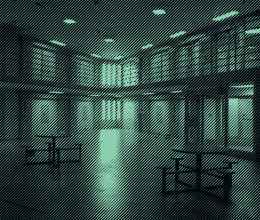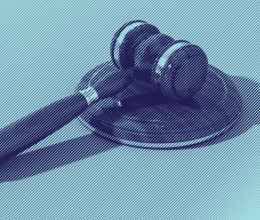WASHINGTON, DC-The American Civil Liberties Union applauded the U.S. Supreme Court's ruling today that the extreme deprivation and punishment found in "supermax" prisons warrant protections for prisoners' due process rights, while expressing disappoint that more extensive protections were rejected.
"Prisoners confined in supermax facilities endure 24-hour isolation, limited access to rehabilitative programming, and few opportunities for visits with family," said Jeff Gamso, Legal Director of the ACLU of Ohio. "The Supreme Court recognizes the severity of supermax conditions and so will require officials to uphold basic due process protections for prisoners."
Today's decision in Wilkinson v. Austin stems from a lawsuit brought by the American Civil Liberties Union of Ohio and the Center for Constitutional Rights. At issue were the guidelines that governed prisoner placement at the Ohio State Penitentiary (OSP), the state's notorious supermax prison.
Justice Kennedy wrote in the Court's unanimous decision that "incarceration at OSP is synonymous with extreme isolation," and that "OSP inmates are deprived of almost any environmental or sensory stimuli and of almost all human contact."
In 2002, a federal district judge held that confinement at the Ohio State Penitentiary creates an "atypical and significant hardship." Prisoners housed in the high maximum-security unit are subject to extreme isolation in tiny cells that fail to meet national standards established by the American Correctional Association. When the institution was first built, officials sent 100 prisoners to the prison without notice or hearing, and before the state had written guidelines for the classification of high maximum-security prisoners. The Court upheld the new procedures adopted to prevent arbitrary placements in the facility.
"Prior to the current policy, transfers to Ohio's supermax had been so haphazard that prisoners who did not pose major security issues nonetheless ended up at there," said Staughton Lynd, an ACLU of Ohio cooperating attorney. "For that reason, the Supreme Court carefully noted that, if such practices occur under the current policy, prisoners can bring a new legal challenge."







